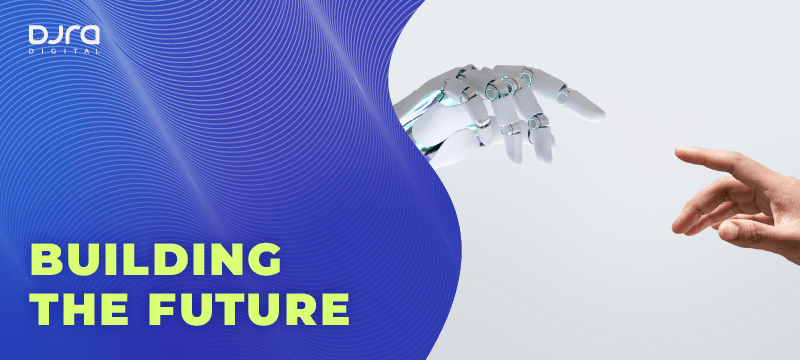Welcome back to Building the Future: Work Reimagined. In our Q2 edition, we introduced the concept of the human orchestrator, individuals who strategically guide teams, blending human creativity and AI-driven efficiency. We examined how AI integration is transforming productivity, redefining job roles, and driving innovation across various industries. This quarter, we're diving deeper into the evolving role of software developers as they transition to orchestrating AI agents, illustrating how this shift dramatically enhances their ability to focus on meaningful work and innovation.
The Developer Today: Balancing Tasks and Time
Currently, software developers often juggle a mix of coding, debugging, reviewing, documenting, and maintaining systems. A typical day involves navigating numerous tasks and interruptions, from attending meetings and resolving unexpected bugs to managing ongoing projects and collaborating with team members. According to Microsoft's Future of Work report, developers, like many other professionals, are experiencing increased challenges in maintaining focus and achieving flow states due to frequent digital distractions and multitasking demands.
Developers frequently report limited time to delve deeply into complex problems or innovative solutions due to constant context switching and administrative overhead. Although tools and frameworks have advanced significantly, developers still spend substantial amounts of time on repetitive or routine tasks, limiting their capacity for strategic thinking and creativity. The struggle to maintain a sustained, uninterrupted flow state significantly affects their productivity, creativity, and job satisfaction.
Tomorrow's Developer: Human Orchestrator of AI Agents
Looking ahead, the daily reality for software developers will change dramatically as they step into the role of human orchestrators. In this reimagined future, developers leverage AI agents to manage many routine and repetitive tasks. These intelligent agents will autonomously handle activities such as simple code generation, automated debugging, unit and integration testing, and even initial documentation drafts.
A day in the life of a software developer as a human orchestrator will begin by strategically assigning tasks to AI agents, reviewing their outputs, and refining results. Freed from repetitive work, developers will spend significantly more time collaborating with their human colleagues, designing high-level system architectures, exploring novel technologies, and addressing complex challenges that require creative problem-solving and deep domain expertise.
Developers will act less as traditional coders and more as strategic thinkers, guides, and integrators of multiple specialized AI tools and workflows. Their primary responsibility will shift toward ensuring alignment with organizational goals, quality control, ethical considerations, and guiding innovation through orchestrated collaboration while still ensuring outputs are of the highest quality before making their way to production environments.
This transformation significantly enhances the developer experience, empowering individuals to direct their attention toward meaningful, high-impact challenges. Increased bandwidth allows developers to innovate continuously, refine user experiences, and contribute more directly to strategic objectives and product vision. Organizations will benefit immensely from developers' amplified capacity for creativity, enabling faster product evolution, enhanced agility, and sustained competitive advantage.
Preparing for This Shift
As organizations embrace this emerging model, developers will need new skills to succeed as human orchestrators. Data literacy, ethical AI practices, orchestration strategies, and advanced collaboration skills will become critical. Organizations must invest in training, culture adjustments, and the adoption of frameworks that enable seamless integration between human orchestrators and AI agents. With 84% of developers now using or planning to use AI tools, organizations should formalize review gates, testing, and usage policies to balance speed with quality.
Are you prepared for this transformative shift? Dura Digital is here to guide your organization through each step of this evolution, helping your teams maximize the potential of human-AI collaboration. It is essential for organizations to proactively create time and space for developers to focus and maintain flow states, minimizing chaos and distractions to unlock their potential fully. If you're exploring how to elevate your developers to human orchestrators and unleash their full innovative potential, reach out to our team today.
Stay tuned for our next edition, where we will explore the profound impact AI is having on organizational leadership, administrative tasks, and performance tracking in the age of AI.

